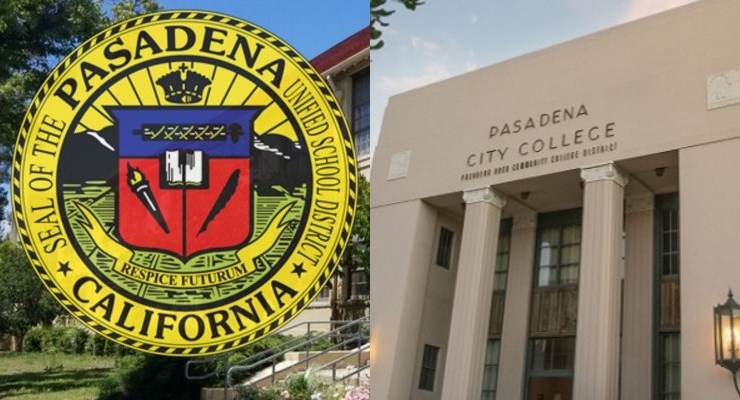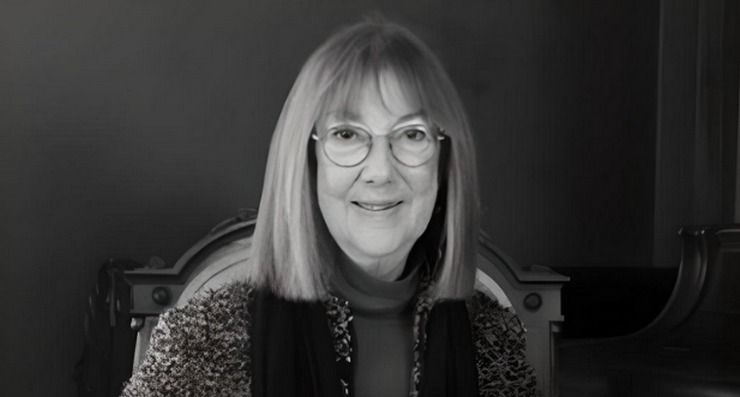
Over 50 years after the use of Agent Orange in Vietnam galvanized American scientists to take action, the era’s environmental advocacy continues to shape our understanding of global environmental threats and the importance of collective action.
On Wednesday, April 10, California Institute of Technology will host a discussion titled “The Invention of Ecocide: Agent Orange, Vietnam, and the Scientists Who Changed the Way We Think About the Environment” as part of its Behind the Book series. The event, featuring Dr. David Zierler, author of The Invention of Ecocide, and Professor Paul Wennberg, an atmospheric scientist, will explore the movement against “ecocide” initiated by American scientists in response to the environmental and health impacts of herbicide use during the Vietnam War.
“In graduate school, I became very interested in the intersection of international affairs and environmental issues,” said Dr. Zierler, director of the California Institute of Technology Heritage Project. “The destruction caused by Agent Orange in Vietnam was a dramatic moment in history that led me to study the topic of environmental devastation.”
The widespread use of Agent Orange, a defoliant used to strip away forest cover and expose Viet Cong and North Vietnamese troops, resulted in the destruction of over 20 million acres of rainforest and ecological areas in Vietnam. Scientists who had initially developed herbicides for agricultural purposes became vocal advocates against their use as weapons of war.
“Ecocide is not just a war crime against natural environments, but it’s a war crime against people who live in those places,” Dr. Zierler explained. “Genocide does not necessarily have to mean the deliberate killing of people; in the case of ecocide, it can mean the killing of the natural environment where these people live.”
The scientists’ advocacy led to the United States government ending the use of herbicides in Vietnam and acknowledging that they should be covered under the 1925 Geneva Protocol’s prohibitions on chemical warfare. This set a legal precedent that has prevented the use of herbicides in warfare by major combatants since the Vietnam War.
Professor Wennberg noted that the discussions around Agent Orange reflect a broader rethinking of environmentalism. “Beginning with Rachel Carson’s Silent Spring, proceeding through the efforts to end the use of herbicides in Vietnam, the founding in 1970 of both Earth Day and the United States Environmental Protection Agency, and finally, in 1975, the ratification of the Geneva Protocol against biological and chemical warfare, we see a large transition in how environmental concerns are framed.”
The scientists’ advocacy marked a shift towards a global environmental consciousness, with events like the creation of the EPA, the first Earth Day, and the iconic “Blue Marble” photo of Earth from space contributing to a newfound understanding of the planet’s fragility and interconnectedness.
“By the late 1960s, we have the beginning of what we now commonly refer to as the Anthropocene era, meaning that humanity collectively is now so industrial and so technologically advanced that we are now capable of changing Earth’s ecology,” said Dr. Zierler. “The origins of this really are in the Agent Orange era.”
Despite the progress made, the legacies of Agent Orange continue to impact Vietnam, with dioxin hotspots and concerns about multigenerational health effects still present today. As the world grapples with global environmental challenges, the lessons of the anti-ecocide movement remain as relevant as ever.
“That’s one of the great questions of the 21st century: will we have the economic, the political, and the technological wherewithal to come together as a global community, not individual nation-states, but to come together as a global community and really to tackle these problems head-on,” Dr. Zierler said.
The California Institute of Technology event aims to shed light on these pressing issues and the role of scientists in shaping public policy. As Professor Wennberg noted, “David Zierler’s book is a wonderful point of departure for thinking through the lessons of environmental science and policy in the second half of the 20th century and for reflecting on how it informs where we are today and forecasts what we might anticipate in the future.”
Attendance is free but registration is required.
To register, visit https://events.caltech.edu/calendar/behind-the-book-april-10-2024-dr-david-zierler-and-prof-paul-wennberg-discuss-zielers-the-invention-of-ecocide-1.














 1 comment
1 comment


